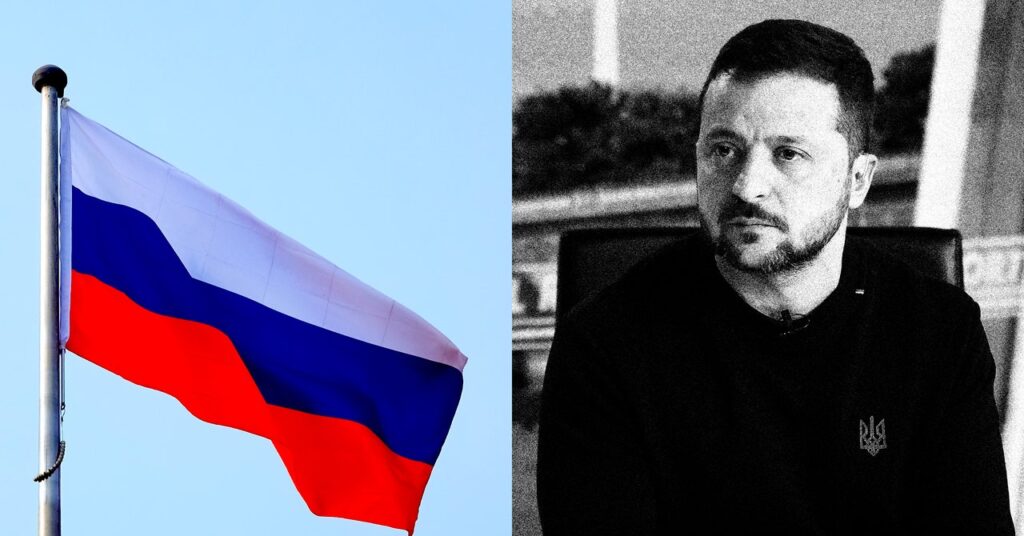A Russian disinformation story about the wife of Ukrainian President Volodymyr Zelensky buying a Bugatti with US aid money spread like wildfire across the internet in the space of 24 hours. The story originated from an unknown French website, but quickly became a trending topic on X and a top search result on Google.
On Monday, July 1, a news article was published on the website Verité Cachée. The headline of the article was “Olena Zelenska is the first owner of the new Bugatti Tourbillon.” According to the article, during a trip to Paris with her husband in June, the First Lady was given a private look at Bugatti’s new $4.8 million supercar and immediately ordered it. The article also included a video of a man claiming to work at the dealership.
However, the video was completely fake, just like the website itself.
Researchers at cybersecurity firm Recorded Future say Vérité Cachet is part of a network of websites believed to be linked to the Russian government that pushes Russian propaganda and disinformation to audiences in Europe and the U.S., powered by AI. Researchers tracking the group’s activity have found that look-alike websites in this network, with names like Great British Geopolitics and The Boston Times, use generative AI to create, scrape and manipulate content to publish thousands of articles purportedly written by fake journalists.
Dozens of Russian media outlets, many of which are Kremlin-owned or controlled, covered the Bugatti story, citing Vérité Cachet as a source. Most of the stories were published on July 2, and the story was shared on multiple pro-Kremlin Telegram channels with hundreds of thousands, if not millions, of followers. The link was also promoted by a doppelganger network of fake X bot accounts, according to researchers at @Antibot4Navalny.
At the time, Bugatti released a statement denying the story was false, but the fake news quickly spread on X and was posted by a number of pro-Kremlin accounts before being picked up by Jackson Hinkle, a pro-Russia, pro-Trump troll with 2.6 million followers. Hinkle shared the story, adding that the car was purchased with “American taxpayer money.”
English-language websites then began reporting on the story, citing social media posts from people like Hinkle and articles from Vérité Cachet. As a result, anyone who Googled “Zelensky Bugatti” last week was presented with a link to MSN, a Microsoft news aggregator site that republished an article written by Al-Bawaba, a Middle Eastern news aggregator site, which cited “several social media users” and “rumors.”
It took just a few hours for the fake news story to go from an unknown website to online trending and a top Google search result, highlighting how easily bad actors can undermine people’s trust in what they see and read online. Google and Microsoft did not immediately respond to requests for comment.



